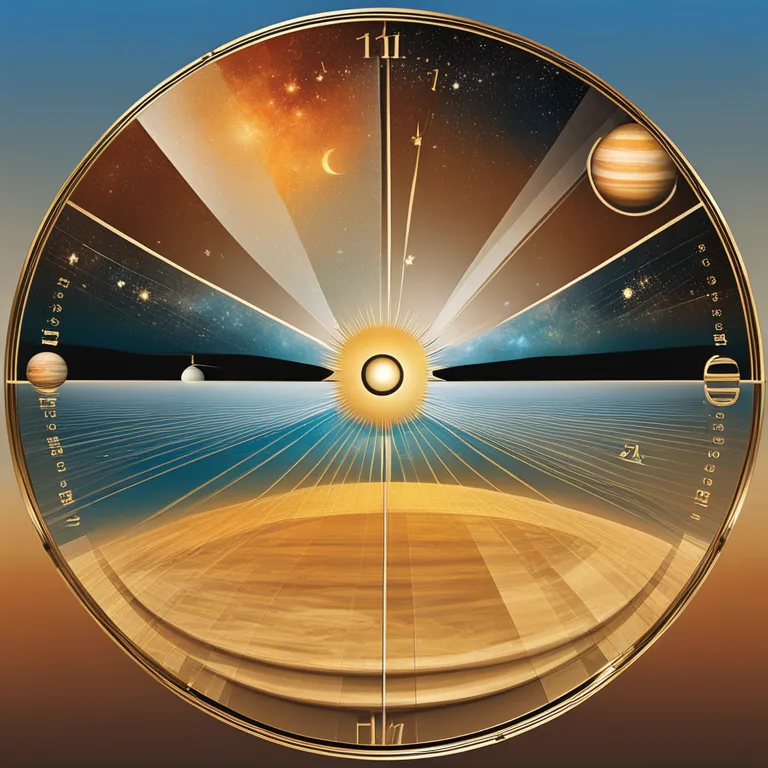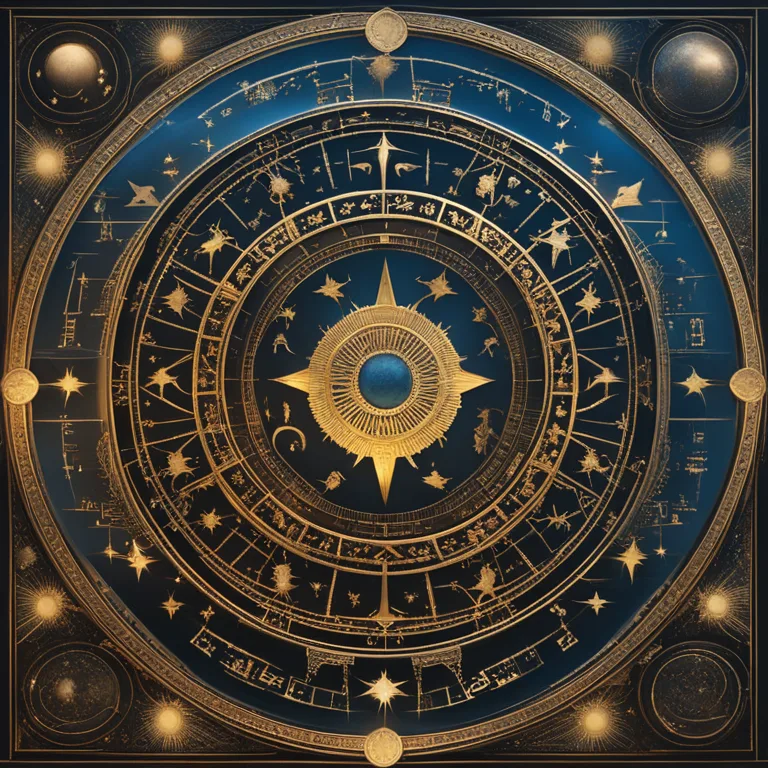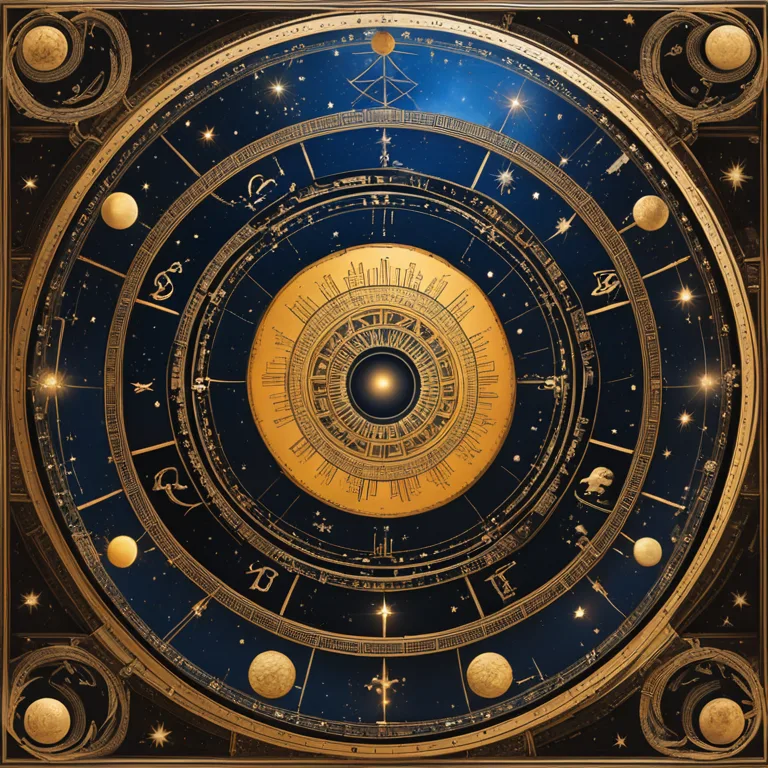
The Roots of Astrology: A Linguistic Journey
Delve into the linguistic origins of astrology and discover how ancient practices evolved into the modern systems guiding horoscopes and more.
article by Priya Deshmukh
Delving Into Astrological Terms
Astrology, the ancient practice that gazes into the heavens to uncover human destinies, speaks a language rooted deep in human history. Such a system, which dates as far back as the 2nd millennium BCE, has garnered a vocabulary rich with significance. Often, the true essence of a word can be lost in the mist of time; thus, an excavation into the etymology of 'astrology' not only enlightens us on the origin but also on the cultural and historical contexts that shaped this mystical science. The word 'astrology' itself is a tapestry woven from Greek threads, with 'astro' meaning 'star' and 'logos' translating to 'word, reason, or plan'. It implies a story told by the stars, one that we have been seeking to read and comprehend for millennia.

Stars and Stories in the Sky
The term 'zodiac' also emerges from Greek: 'zōidiakos', a diminutive of 'zōion', meaning 'animal'. This celestial belt ornamented with starry constellations has been imagined as an array of creatures and figures since time immemorial. These patterns in the sky served as a cosmic calendar for ancients, instructing agricultural practices and signifying divine messages. As societies evolved, the zodiac became a cornerstone of astrological pursuits, segmenting the heavens into twelve parts, each associated with particular traits and foreshadows, relevant for us even beyond 2024.

The Measure of a Day
The concept of 'horoscope', coming from 'horoskopos' – 'hora' meaning 'hour' and 'skopos' meaning 'observer' – was perceived as the observation of an hour, a celestial snapshot capturing the positioning of planets and stars at an individual's birth. This snapshot, according to astrological beliefs, has the power to influence one's life path and character. In 2024, just as in ancient times, horoscopes remain a daily guide for many, suggesting the best time for significant activities or alerting to potential challenges, based on celestial rhythms.

The Rhythms of Life
Our ancient obsession with the rhythmic patterns of life extends into the concept of 'biorhythms', although the term itself is comparatively modern. From the Greek 'bios' meaning 'life', and 'rhythmos' signifying 'regular recurring motion', biorhythms are thought to predict or explain the ebbs and flows of human experiences. Calculating one's biorhythms could thus provide insights into the optimal times for physical, emotional, and intellectual activities.

Interconnected Cosmic Compatibility
Compatibility in astrological terms often involves comparing the positions of the stars at the time of two individuals’ births, examining their potential harmony or discord. This practice underscores the belief in an interconnected universe where celestial movements mirror human relations. As our audience ventures into 2024 and beyond, compatible signs and their interactions will continue to be a topic of intrigue, guiding friendships, business partnerships, and romantic relations alike.
Published: 12/29/2023
Modified: 12/29/2023
More predictions
Come back here soon to learn more about yourself and your future


The Influence of Birth Date on Your Astrological Profile
Discover how your birth date shapes your astrological sign, personality traits, and cosmic destiny in the astrological realm.


Love Compatibility Through Astrology
Discover how astrology guides love compatibility, building deeper connections using the stars' wisdom.


Astrology Signs Compatibility Guide
Discover which astrology signs are most compatible for love and friendships in this comprehensive compatibility guide.